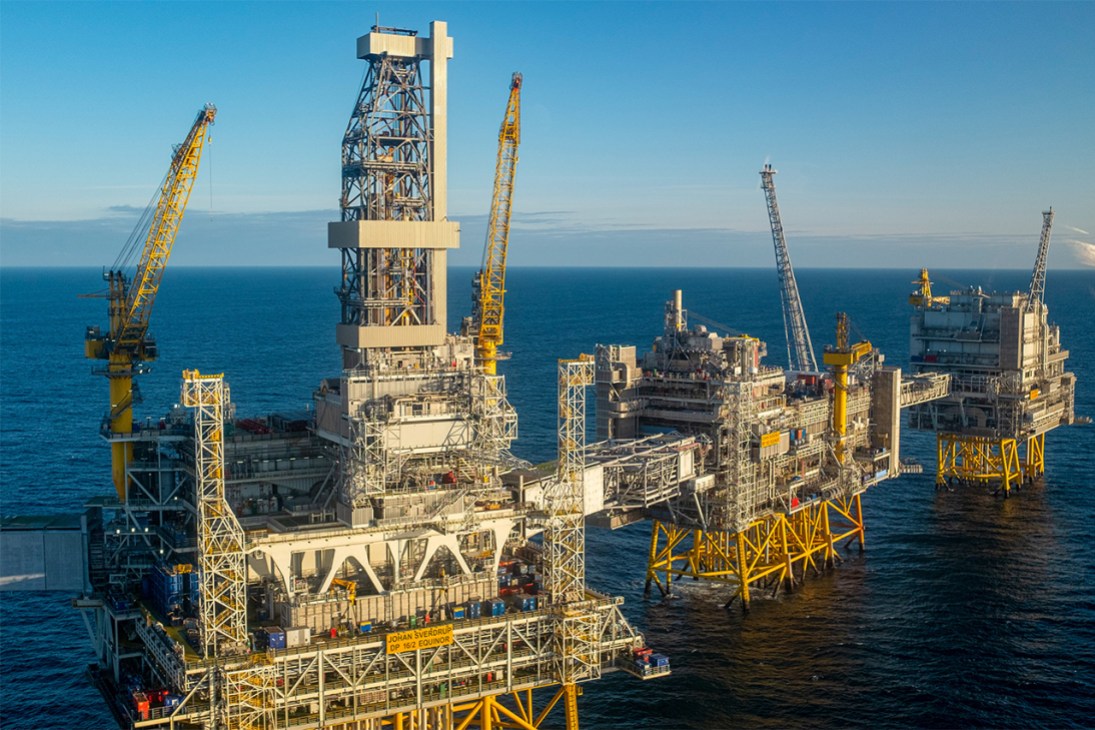The perils of prosperity: inside Norway’s struggle to spend its €1.7tn oil and gas fund
It’s not always easy being rich – just ask Norway’s prime minister. Following re-election last week, Jonas Gahr Støre holds the nation’s purse strings as a cast of competitive coalition partners and critics from the populist right-wing Progress Party pull him in opposing directions. Having grown immensely wealthy from its oil and gas reserves in the North Sea, Norway and its politics have come to be defined by how to use its abundance. As of today, it has successfully squirrelled away €1.7tn into a handy sovereign wealth fund.
A savvy fiscal rule says that no more than 3 per cent of the fund’s returns can be spent each year. But that is still a huge pot – more than €50bn on top of Norway’s annual GDP. The Labour Party preaches prudent spending on Norway’s already generous welfare system, while its supporters in parliament – the Socialist Left, the Centre Party, the Communist Red Party and the Greens – want to spend more oil money on everything from regional development to green-energy initiatives. The Conservatives and the Progress Party, however, want to cut taxes and offer other incentives for businesses to stimulate growth. A tale as old as time, maybe. But there’s concern that the nation’s affluence has fostered a sense of economic complacency. The title of Norwegian economist Martin Bech Holte’s bestselling book earlier this year is telling: Landet som ble for rikt (The Country That Became Too Rich).

Yet there are more pressing problems facing the Labour government – and indeed the entire Norwegian nation. The wealth fund’s mandate is to grow Norway’s petroleum revenues, which it seeks to do by investing in some 9,000 companies globally. But it has recently come under fire for investing in Israeli companies involved in the war in Gaza.
The Socialist Left has said that full divestment from all companies that contribute to Israel’s “war crimes, occupation, or genocide” is a condition for them propping up Labour in parliament. Along with the Greens, they also want to reform or even replace the wealth fund’s independent ethics council, giving parliament greater control over ethical guidelines. This is problematic.
The fund is supposed to be – and must be – apolitical. Some ethical investment decisions are relatively straightforward, such as avoiding companies involved in tobacco or nuclear weapons. An issue arises, however, if the fund could be accused of making decisions based on the political leanings of a sitting government. Both the wealth fund and the country would become vulnerable to foreign political pressure. The Trump administration, for instance, has already shouted foul over the fund’s divestments from US construction company Caterpillar, whose machines are used by the IDF in Gaza. Trump could choose to impose further tariffs on, say, Norwegian salmon as a retaliation.
The Norwegian case, while a first-world issue, is singular. Other major sovereign wealth funds do not face the constraints of public and political pressure that exist in Norway’s liberal democracy. The Abu Dhabi Investment Authority, China Investment Corporation and Singapore’s Temasek Holdings are all free to focus on financial returns over ethical or political considerations.
Yet unlike the Gulf and other petrostates, there is still broad agreement from citizens on the need for some form of moral process as to how the money is invested. Norwegians will be tackling a far more fundamental question in the coming parliamentary period: when to cease extracting oil and gas from the North Sea?
Lars Bevanger is Monocle’s Oslo correspondent. For more opinion, analysis and insight, subscribe to Monocle today.
Read next: The Green petrostate: Can Norway really become carbon neutral?



